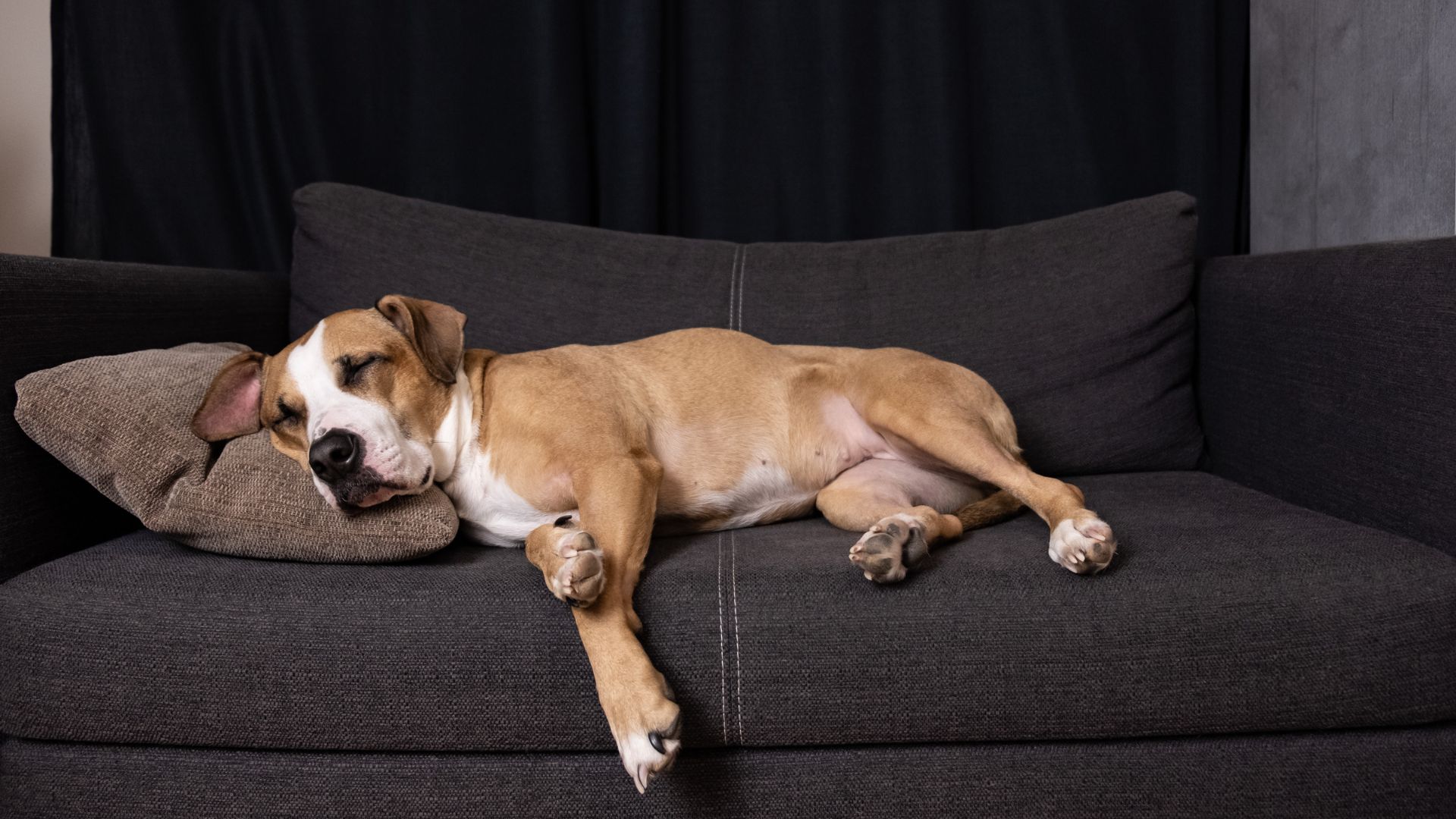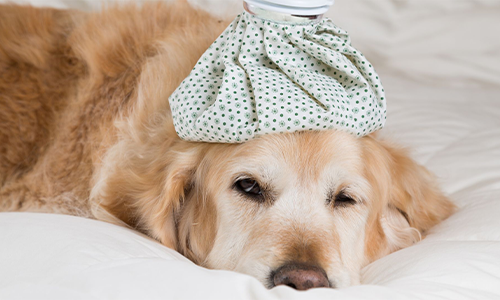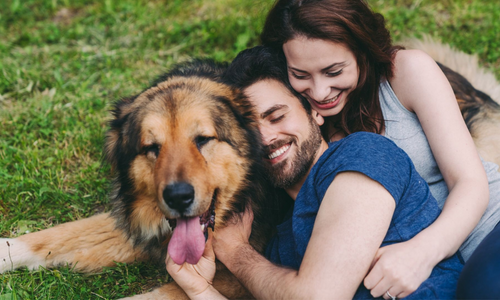The importance of sleep for dogs
Mark has been visiting his doctor for the past week complaining about allergies but none of the medications seem to be helping. He went to a different doctor to seek help who enquired more about changes in lifestyle.
“Are you having difficulty sleeping at night?” was the first question.
“I don’t have difficulty falling asleep. But I have been waking up at odd hours to watch the World Cup,” Mark replied.

Watching the World Cup from Sydney was a memorable yet painful experience as it meant waking up at 2 am every night for almost a month. The lack of sleep was also accompanied by long hours at the office. The work stress forced Mark to increase his caffeine intake and have irregular meals. All of it resulted in a weakened immune system and his body could only take so much.
“I will prescribe some medicines. But first and foremost you need rest. Only then will you get better,” the doctor said.
Sleep is crucial for all mammals
Dogs and humans are not wired too differently. Yes there are certain obvious differences, but when it comes to sleep, both of us require it in appropriate quantity and quality.
Unlike humans, dogs have shorter sleep cycles of about 20 minutes. Sometimes they sleep in multiple cycles and sleep in one position for 40 or 60 minutes. Throughout the day, adult dogs should sleep between 10 to 14 hours. Puppies and senior dogs would sleep even longer.
Lack of sleep can negatively impact the dog’s immune system, resulting in illness and other diseases. It is also one of the common causes of stress in dogs, which can lead to further behaviour issues if not addressed.
“A lack of sleep can lead to poor learning, reduced immunity, increased perception of pain and increased irritability.”
– Dr. Amber Batson
What does a good sleep look like in dogs?
Most dogs like to sleep on an elevated surface. They also like to move in between sleep cycles. Unlike humans, dogs don’t sleep just at night. They sleep throughout the day and night in different patches. A good quality sleep is one where the dog is sleeping without hunger or thirst, isn’t in pain, can breathe easily, and has support for their back and neck. Depending on the weather, the dog might prefer different surfaces to sleep.

What can you do to ensure your dog is sleeping well?
It is important to remember that you should not disturb a sleeping dog. We should be mindful about where and when our dogs are sleeping. Being individuals, it is always better to give different options for your dog to sleep and let them decide what is best. Sleeping options can be of different heights, rooms, temperature and level of light. It is preferred to not have them sleep in areas which are constantly accessed by people such as a corridor.
Dogs are also social sleepers, and might prefer to have humans around where they are sleeping. Since moving during sleep cycles is important for dogs, a dog sleeping inside a crate will not get quality sleep. It is best to avoid a crate at all times.
References
- Sleep disorders in dogs – https://www.sciencedirect.com/science/article/abs/pii/S193897362100009X?via%3Dihub
- Dr. Amber Batson’s Facebook Page: https://www.facebook.com/understandanimals
- Dr. Amber Batson’s video on importance of sleep – https://www.facebook.com/CAMarthritis/videos/772928626950898


